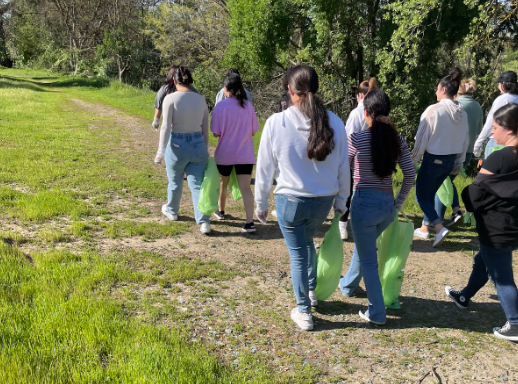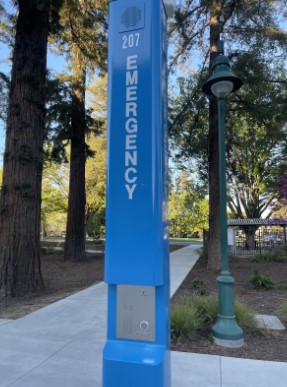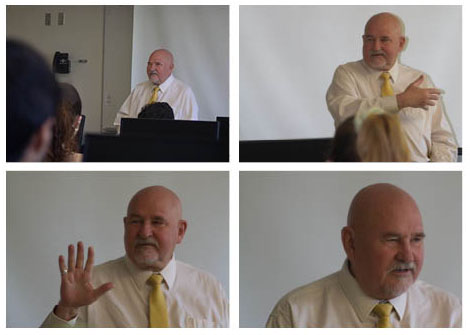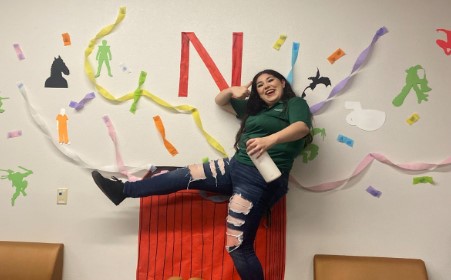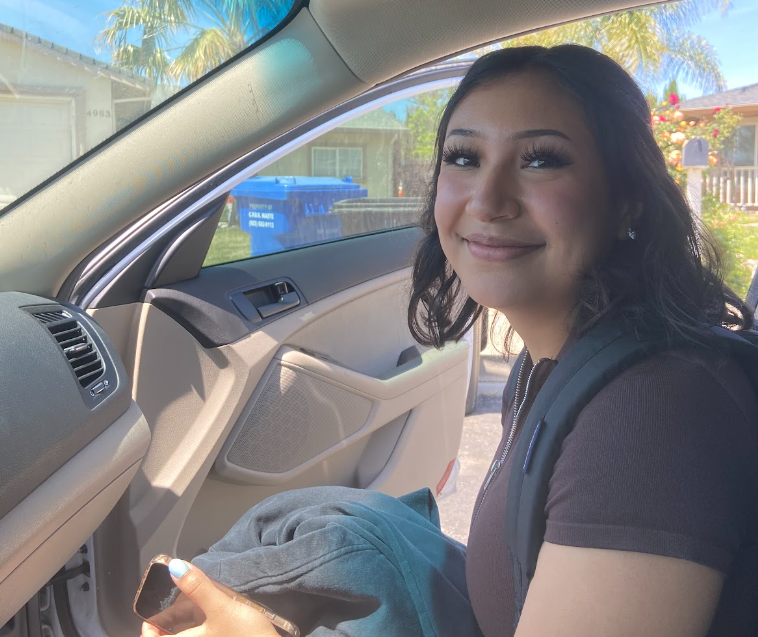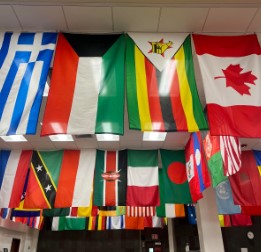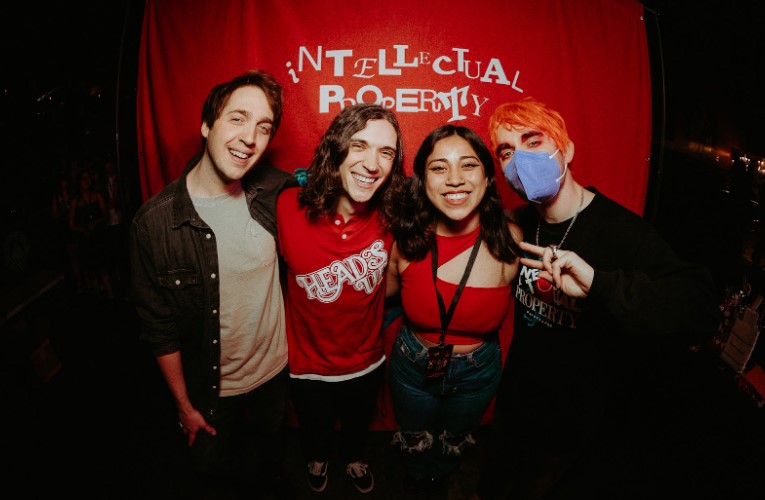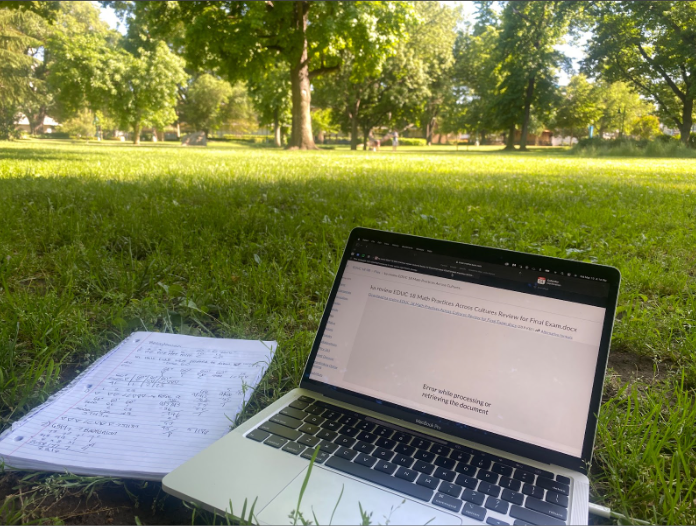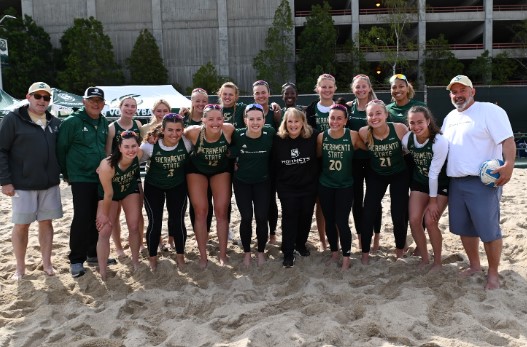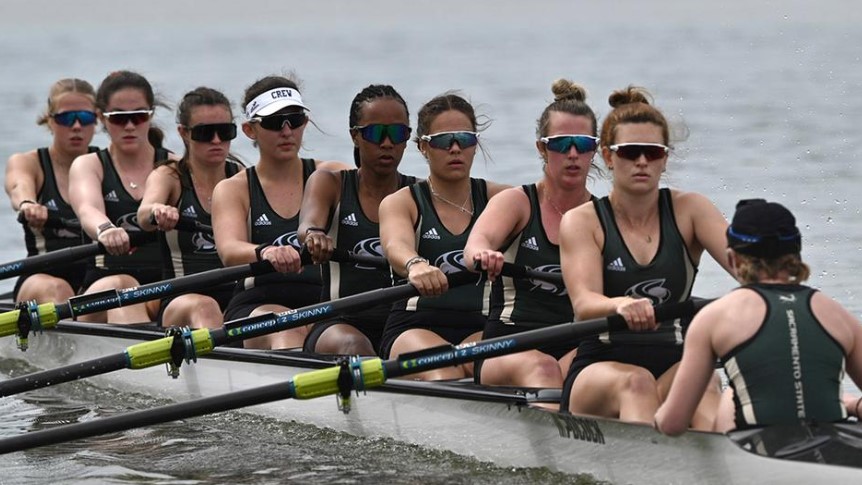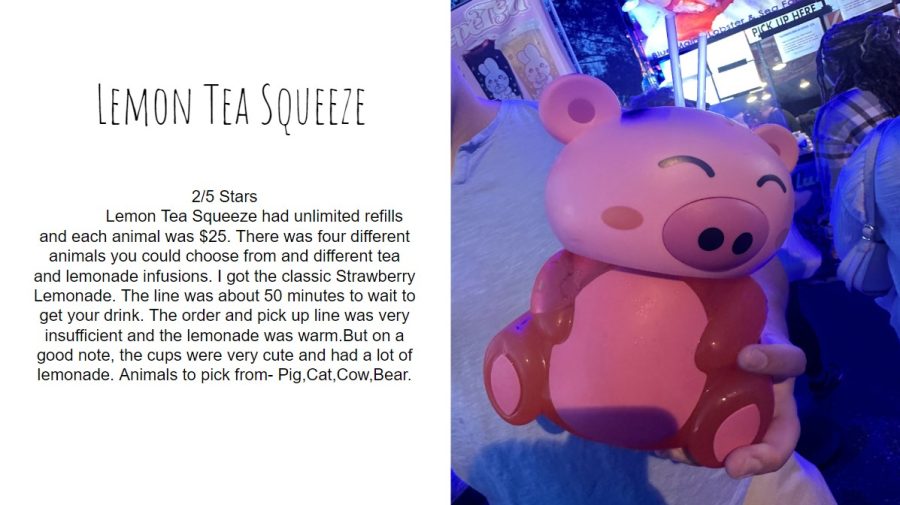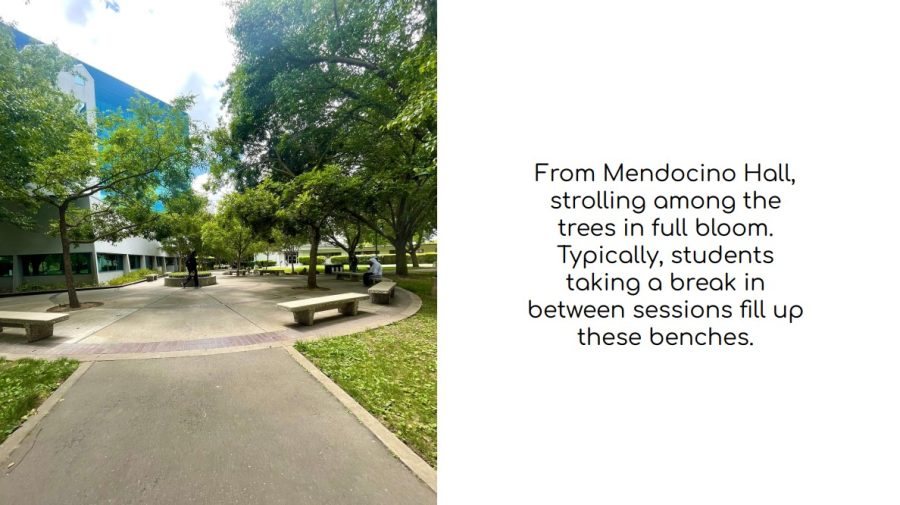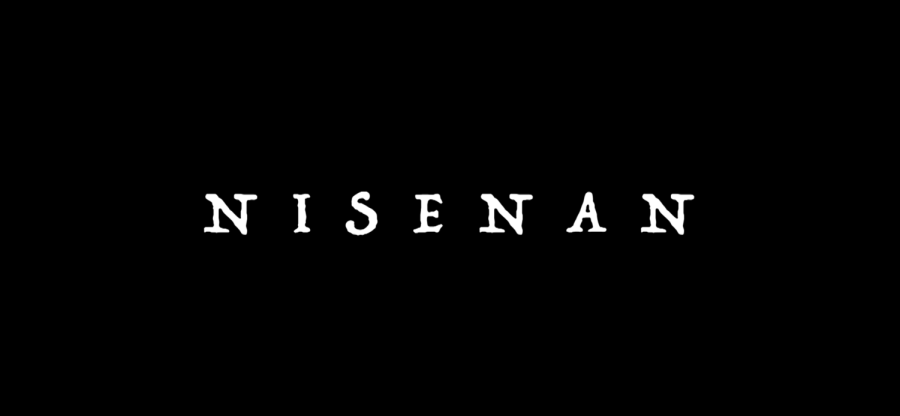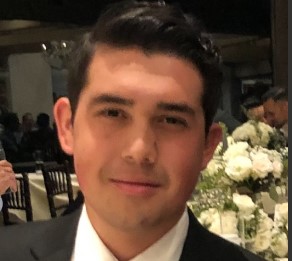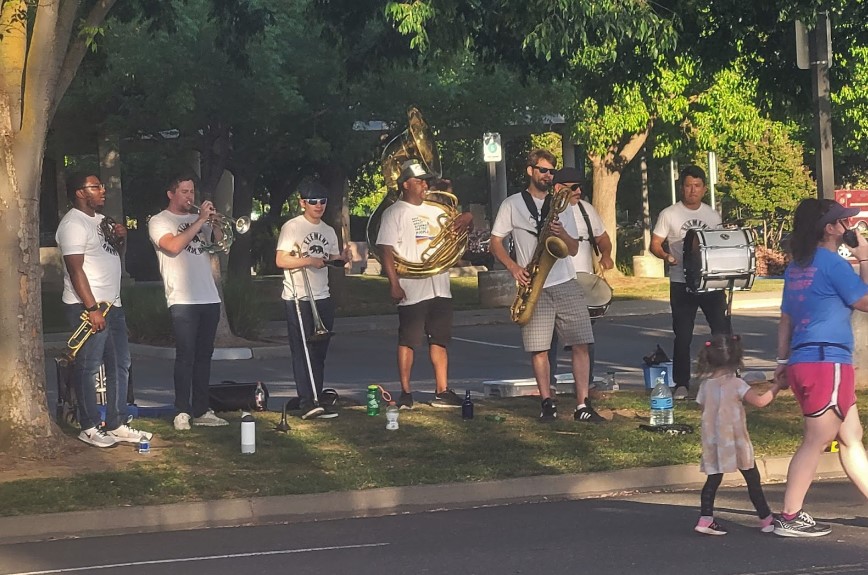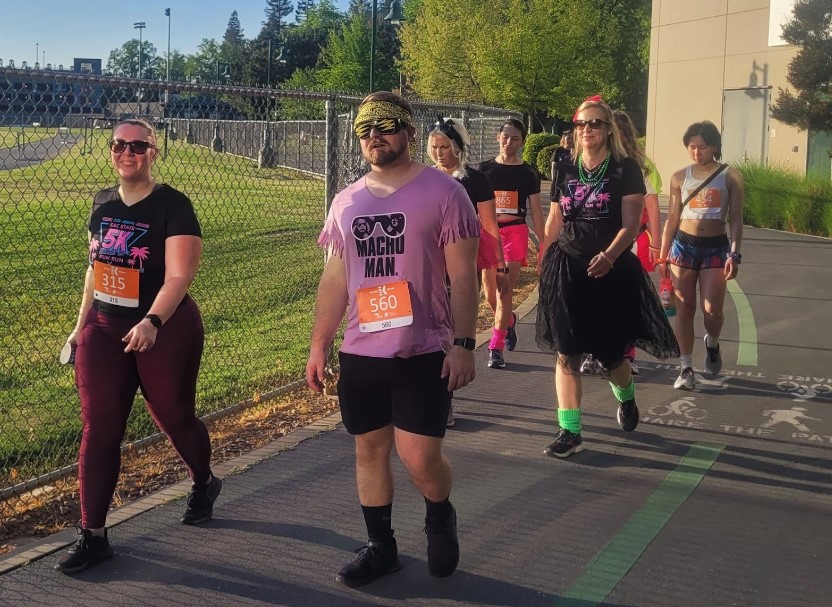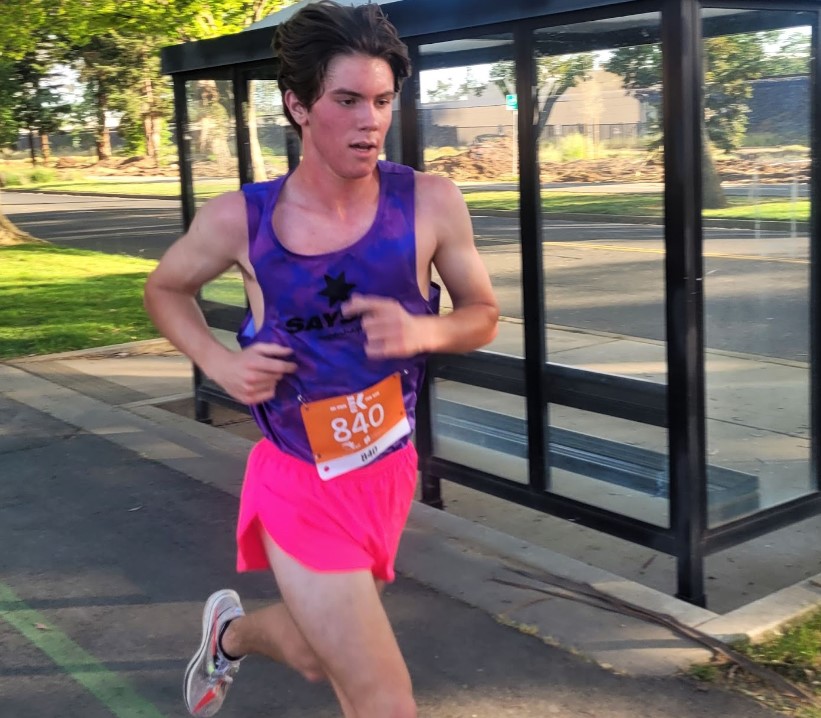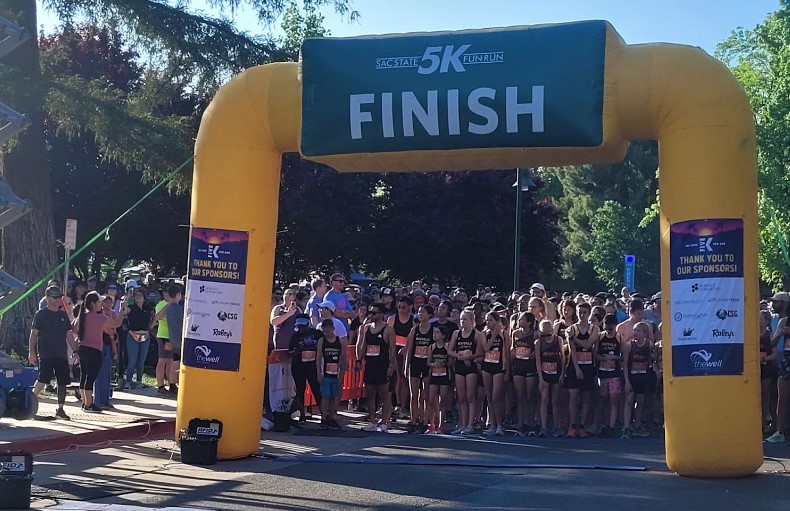COMMENTARY: Suppression of expression on college campuses can be a problem
Universities should help students learn to think critically — but not do the thinking for them
May 15, 2023
In the 1960s, political turmoil was high due to the growing anti-Vietnam War protests and the growing civil rights movement. Out of these movements grew another, the Freedom of Speech Movement on the Berkeley campus.
At the time California universities had implemented policies that limited students’ ability to be politically involved, both on and off campus. If a student did decide to participate in political protest, they were barred from campus.
As a result, students banded together to protest the regulations which restricted free speech. Their widespread protests resulted in a new chancellor who supported students’ free speech rights.
However, lately, we have seen that college campuses have embraced more of a “McCarthyism” style when dealing with topics that are not of the majority opinion. McCarthyism is becoming a modern-style debate by making false accusations against political or ideological enemies to delegitimize their credibility.
This is in direct conflict with the “Market Place of Ideas,” a rationale for freedom of expression. This rationale is that the test of the truth, or acceptance of ideas, depends on their competition with one another. Not on the opinion of a censor, whether one is provided by the government, or by some other authority.
This idea is an analogy that draws on the operation of an economic marketplace, a place where ideas use competition to judge truth and acceptability. This theory of speech, therefore, condemns censorship and encourages the free flow of ideas.
However, in the digital age, we have new terms such as misinformation. This term classifies ideas as false before the debate begins because it is deemed as a potential threat. An idea that strays away from what is already considered truth.
This directly condemns the free flow of ideas and encourages censorship in the name of “truth.”
During Covid-19 any information on social media that conflicted with government-established “truth” was flagged as misinformation.
In fact, for a long time, the idea that the Covid-19 virus came from the Wuhan lab was flagged as misinformation. If anyone were to mention the theory in public they would be deemed conspiracy theorists. The media demonizes anyone who may consider this a probable theory giving people little choice but to adhere to ideological conformity out of fear of retaliation.
On March 31, 2021, CNN ran an article titled “Lab leak Covid-19 theory is like something out of a comic book, virologist says.” A title that strongly discredits any thoughts on the idea that a leak was possible.
Two years later, on March 8th, 2023, the Congressional Committee on Oversight and Accountability issued a press release titled “COVID Origins Hearing Wrap Up: Facts, Science, Evidence Point to a Wuhan Lab Leak.”
Turns out it wasn’t misinformation.
When the Hunter Biden laptop story broke it was flagged as misinformation, but it turns out, at least parts of that story were also true. In fact the U.S. House Judiciary subcommittee released a report highlighting the implications of Hunter Biden, Pres. Biden and censorship.
There is no denying the dangers of mass information flow that comes in the digital age. However, it is important to recognize that, in the effort to protect us from “misinformation,” censorship can lead to the same kinds of restrictions on speech that eventually led to the Free Speech Movement.
The suppression of the discussion of topics is not limited to social media. If you were to discuss these topics on a college campus, you most likely would have been met with similar McCarthy-style responses.
A fraught topic recently has been the legal issues with the California State University’s potential new vaccine policy. But because a CSU vaccine mandate is still on the books, some professors have argued the vaccine policy isn’t an issue.
A professor who is also a lawyer said students who are not able to access the campus now because of the CSU mandate have “made their choice.”
But does this make it OK to essentially denounce those students who question the information being hand-fed to them in the media?
Robert F. Kennedy Jr. is running for president, but he’s best known – in addition to being his late father’s namesake – for being a national anti-vaccine spokesperson. Despite having successes in court, he has no credibility in a university setting, which makes him – according to his supporters – a perfect example of being silenced because of information that has been labeled “misinformation.”
There is no denying that our legal system often has to evolve with the growth. However, laws are put in place to protect our citizens, when there are legal successes, even from “misinformation” – and we should default to allowing any and all ideas to compete in the marketplace. Then, we can focus on why a group is succeeding or failing, and whether their information is accurate or not.
University campuses are known to be predominantly liberal communities. Amazingly, liberals were the ones who championed free speech, meeting ideas with open-mindedness and reason. But now we seem to have shifted to an era of ideological conformity, marginalization and suppression of expression.
Ultimately, I believe it is the job of professors and the university not to impose morals and ethics, but to teach students how to think and then allow them to decide what to think.


